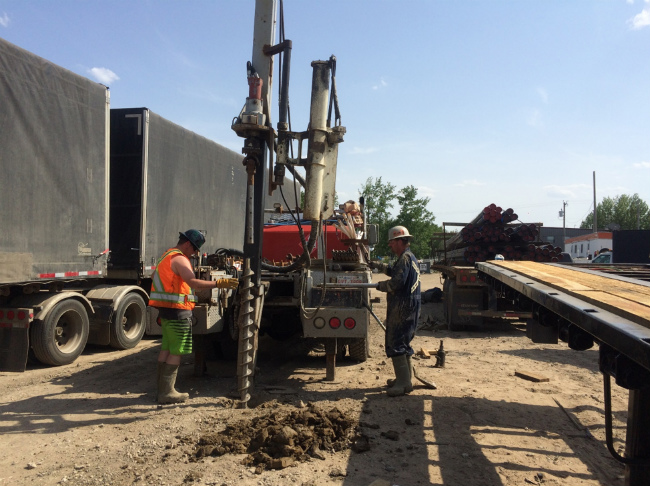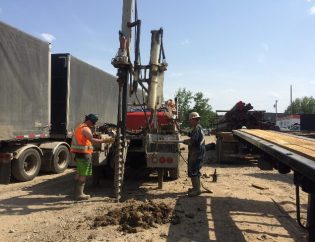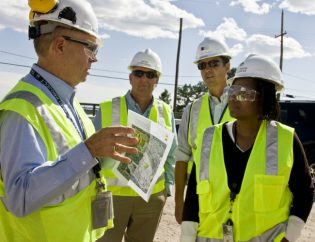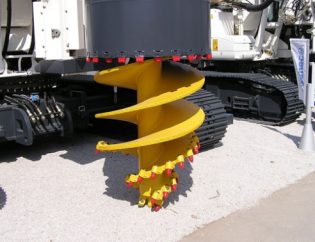
Geotechnical Engineering is a branch of Civil Engineering that deals with the characteristics and behavior of Earth materials. The word ‘Geo’ means Earth which itself explains the formation of the term ‘Geotech’ which can be also stated as Earth Science. Now, what makes Geotechnical Engineering one of the most important branch of Civil Engineering is that it deals with the foundations for all kind of major structures such as building, bridges, roads and tunnels.
With growing population around the world, the need for buildings, bridges, roads and tunnels are increasing rapidly. However, in terms of land use, not every land is suitable for each kind of major structure. As we know for any kinds of structure, foundation is the most important component because if the foundation fails, the outcome would be catastrophic. This is why it is very important that Geotechnical Investigation is conducted by Geotechnical Engineers to learn about the behavior of earth material on which the foundation will be laid upon.
The most common issues faced by Geotechnical Engineers during Geotechnical Investigation:
Limited Number of Test Holes:
Test holes or Boreholes are used to collect soil samples from different layers of depth which are then taken to the lab for further investigations to determine physical characteristics and behaviors such as plasticity, moisture etc. This helps the Geotechnical Engineer to decide if the surface has the adequate bearing capacity to withstand future loads along with applied factor of safety.
Now sometimes when it’s a big parcel of land, its often difficult to determine the adequate number of borehole locations. In some cases, it can be found that in some portion of the land, the soil structure is totally different from that of the borehole locations. Again, project cost could be another factor that plays important role in limiting number of boreholes.
Limited Depth for Test Holes:
Deeper the Test holes or Boreholes are, clearer the picture. This helps the Geotechnical Engineer to identify suitable depth of foundation or any other requirement for improvement such as piling or backfilling before it can withstand future loads along with applied factor of safety.
Now sometimes with limited depth, it becomes really difficult for the Geotechnical Engineer to recommend solution for foundation if the soil condition is very bad up to that depth of the boreholes. In such cases Geotechnical Engineer cannot take any responsibility of what is beyond that depth and therefore cannot recommend any foundation beyond that depth.
Fill Material and Water Table:
During Geotechnical Investigation, it is very important to find out the depth up to which fill materials exist. Sometimes fill materials with variable depth can make it difficult for Geotechnical Engineers to determine soil profile. Depth of Water table can be a very crucial factor in determining solutions for foundations.
Weather Condition:
Extreme hot weather may not be an issue, however if the soil is too dry, it can be really difficult to identify the characteristics of soil in terms of plasticity.
In case of extreme cold weather, the soil within frost depth are often found to be rock hard frozen and it becomes really difficult to identify the actual depth of water table.
Again, if there is a heavy rainfall, the site condition can become muddy and also the soil samples can become wet during collection, as a result their moisture content values for those samples are likely to be higher than natural.


